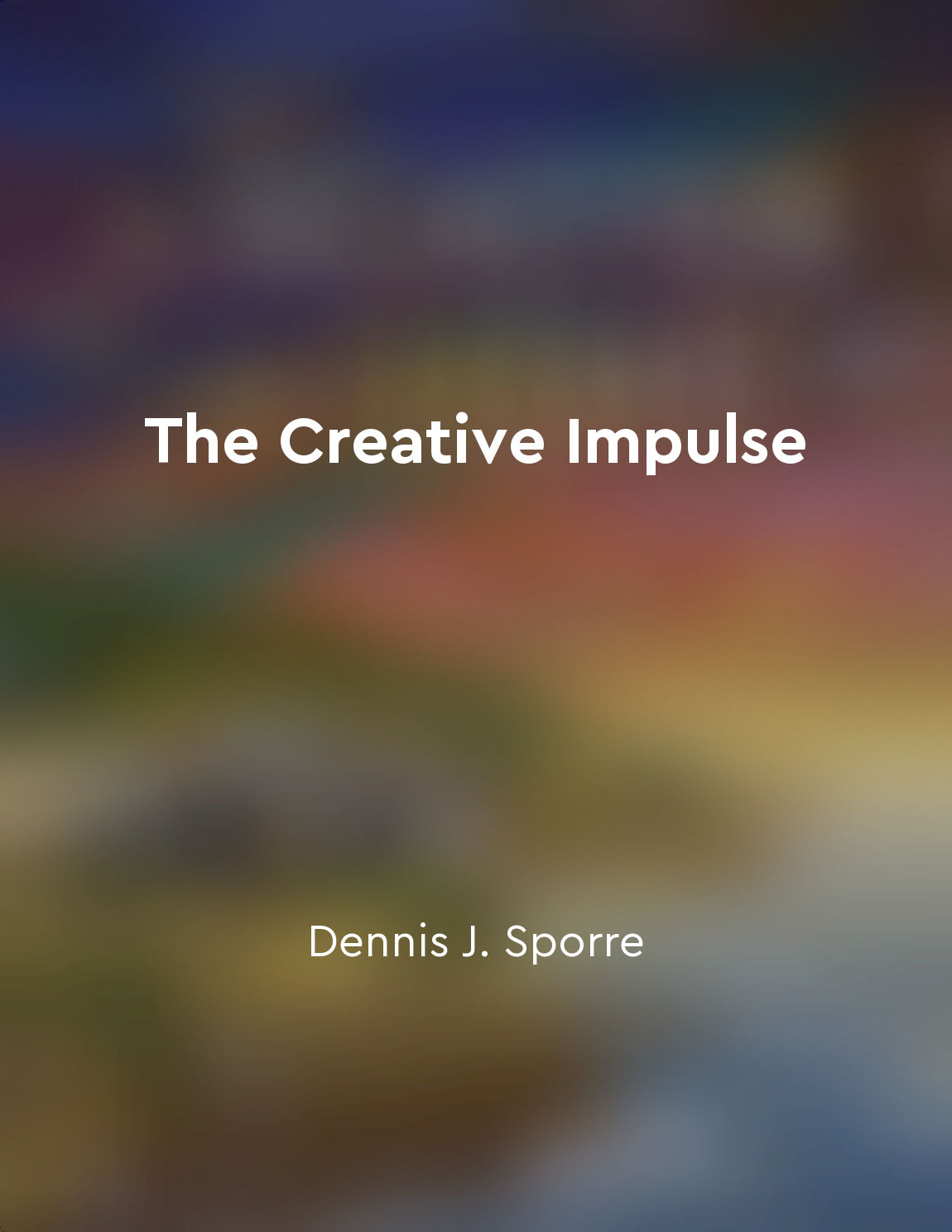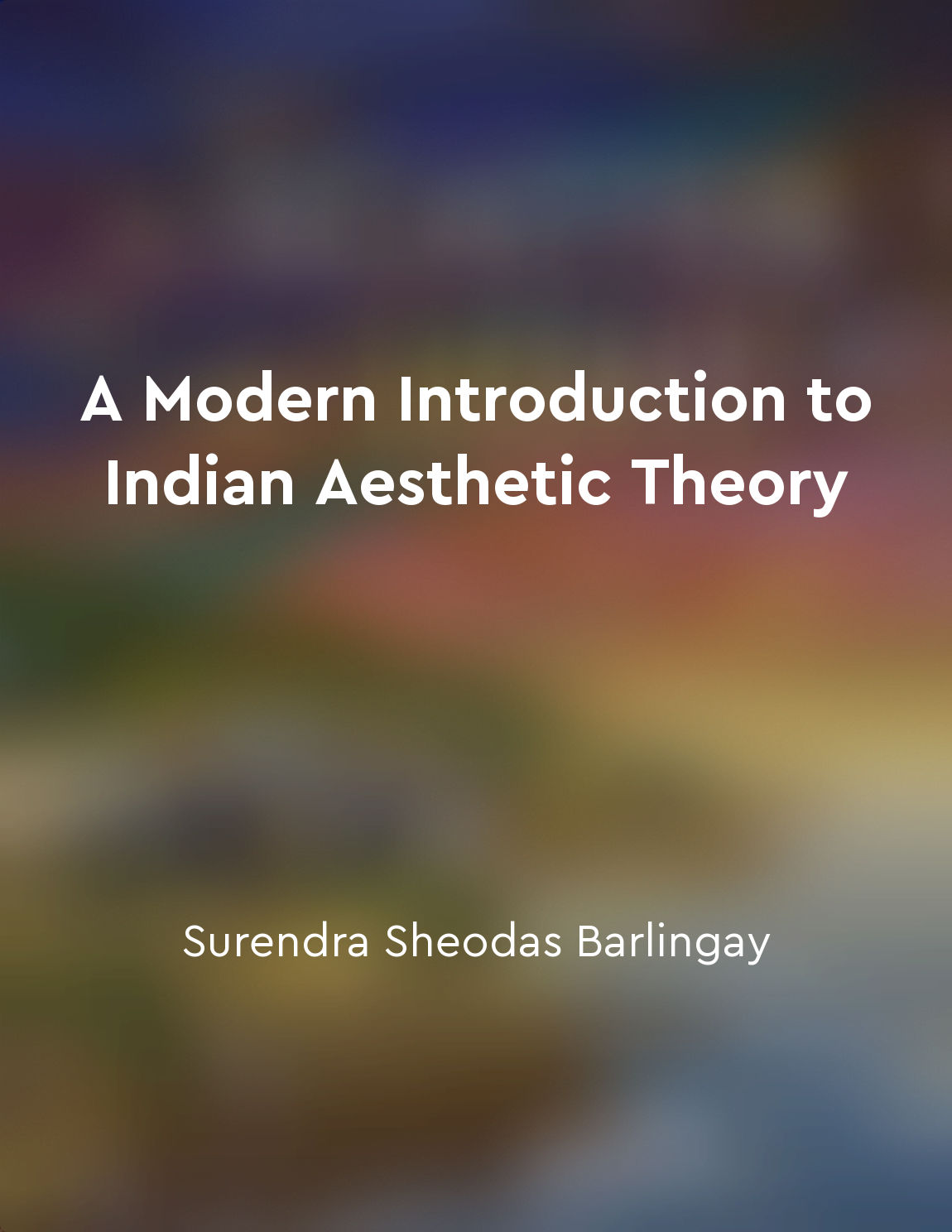Rasa as the essence of Indian art from "summary" of A Modern Introduction to Indian Aesthetic Theory by Surendra Sheodas Barlingay
Rasa occupies a central position in Indian aesthetic theory, serving as the essence of Indian art. It is a concept that has been debated and discussed by scholars and practitioners for centuries, reflecting the deep-rooted significance it holds in the Indian artistic tradition. Rasa can be understood as the aesthetic flavor or essence that is evoked and experienced by the audience when they engage with a work of art. This experience goes beyond mere intellectual understanding, tapping into the realm of emotions and feelings. The concept of Rasa is based on the idea that art has the power to evoke a range of emotions and sentiments in the audience. These emotions are not arbitrary or random but are carefully crafted and structured by the artist to create a specific aesthetic experience. According to Indian aesthetic theory, there are nine primary Rasas that correspond to different emotional states, such as love, anger, joy, and sadness. Each Rasa is associated with a particular mental state and is evoked through the use of vario...Similar Posts
Stoic romanticism challenges traditional views of emotion
In challenging traditional views of emotion, Stoic romanticism advocates for a reevaluation of how we understand and experience...
Artistic creation involves a balance between form and content
Artistic creation, as it is manifested in various forms of art, requires a delicate balance between two essential elements: for...
The pursuit of beauty is a fundamental human drive
The pursuit of beauty, far from being a superficial or trivial concern, is a deeply ingrained aspect of human nature. It is a f...
Postindependence India faced challenges of unity and development
After gaining independence in 1947, India faced numerous challenges in maintaining unity and promoting development across the n...

Artists often rely on intuition and instinct in their work
Artists possess a unique ability to tap into their intuition and instinct when creating their work. This intuitive sense allows...
Human creativity adds value to existence
Human creativity, according to Eagleton, is a fundamental aspect of human existence that enriches our lives in profound ways. I...
The sublime provokes feelings of humility and greatness
In the experience of the sublime, we are confronted with something so vast and powerful that our own existence seems insignific...
Socrates believed in questioning everything
Socrates was a Greek philosopher who lived in Athens during the 5th century BCE. He is known for his unique method of questioni...

